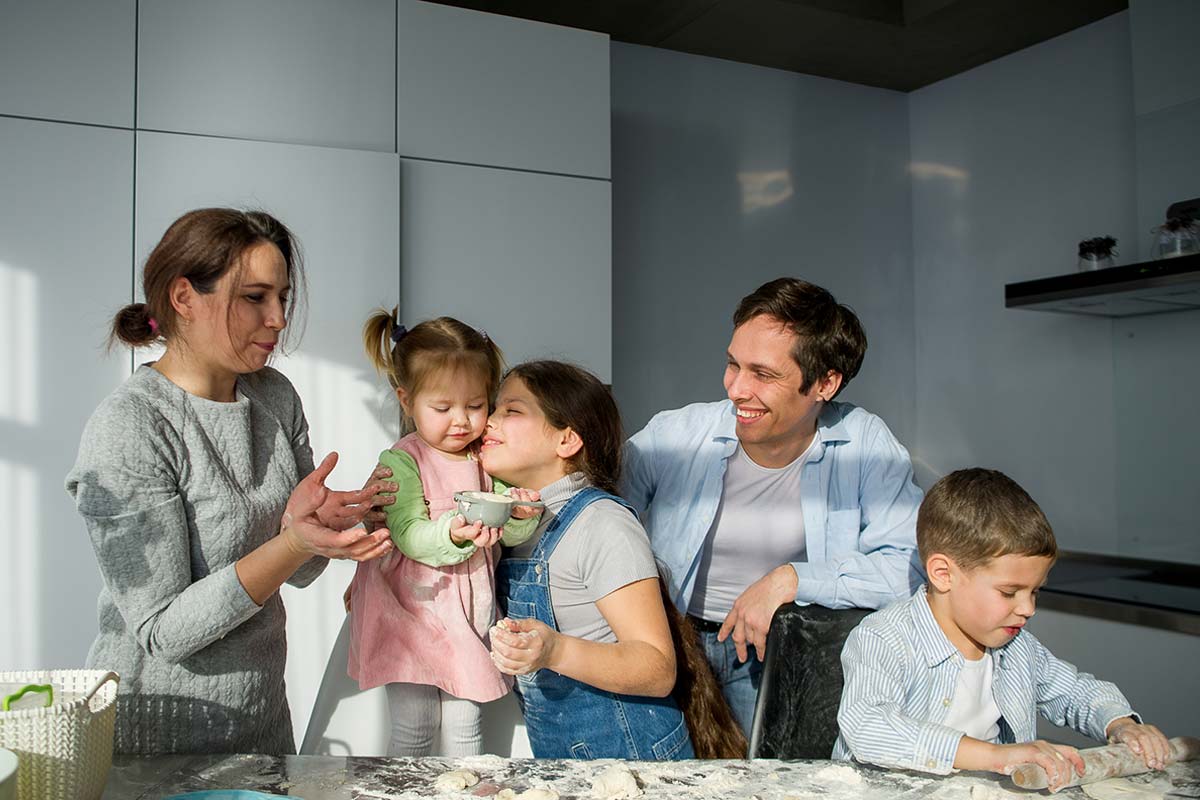
What is a Blended Family?
Blended families are often formed as a result of remarriages or partnerships where one or both partners have children from previous relationships, and bring together diverse backgrounds and experiences.
While they offer the potential for new beginnings and relationships, they also come with unique challenges that require understanding and patience.
Understanding Blended Families
A blended family is a fusion of different family units and backgrounds. It’s like mixing different ingredients to create a new recipe. Each member brings their own flavor, and while the outcome can be delightful, getting the mix right might need some adjustments.
Challenges and dynamics
The dynamics of integrating different histories, habits, and hopes can be intricate.
Some of the common challenges faced by blended families are:
Adjusting to new roles
In blended families, individuals often find themselves in new roles. A child might become an elder sibling suddenly, or a single parent might now have a partner to co-parent with. These shifts can be confusing and might require time to adjust.
Balancing past and present
Members of a blended family carry memories, traditions, and sometimes even traumas from their previous family units. Balancing the past with the present can be delicate, ensuring that everyone feels valued and understood.
Building trust and bonds
Forming new relationships within a blended family takes time. Trust needs to be built, and bonds nurtured. It’s essential to create an environment where every member feels safe and encouraged to express themselves.
Managing differences
With diverse backgrounds come differences in upbringing, values, and traditions. These differences can lead to disagreements or misunderstandings. It’s crucial to approach these with an open mind and a willingness to compromise.
The role of culture
Cultural values play a significant role in shaping family dynamics. In some cultures, strong interdependence among family members is valued, influencing how separation or independence is viewed.
Understanding these cultural nuances can provide insights into individual behaviours and expectations within the blended family.
Seeking support
Blended families, with their unique dynamics, can benefit immensely from external support. Therapy or counselling can offer guidance in navigating challenges, building trust, and fostering healthy relationships.
Professionals can provide tools and strategies tailored to the family’s needs, ensuring that every member feels heard and valued.